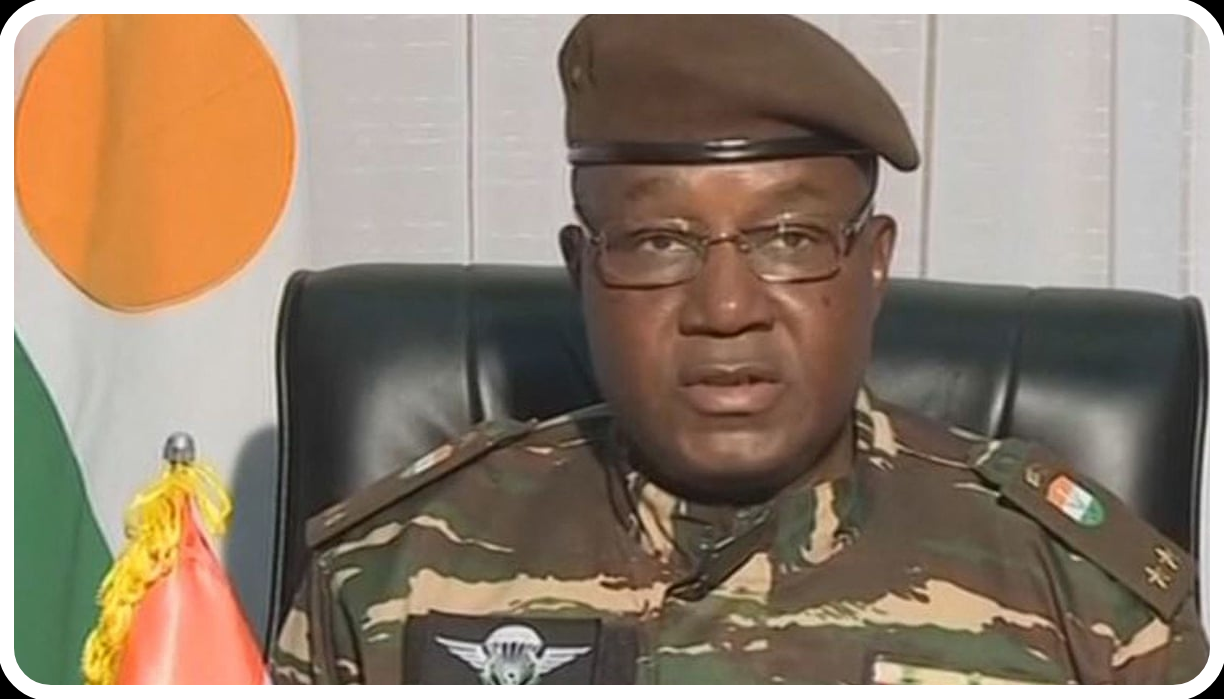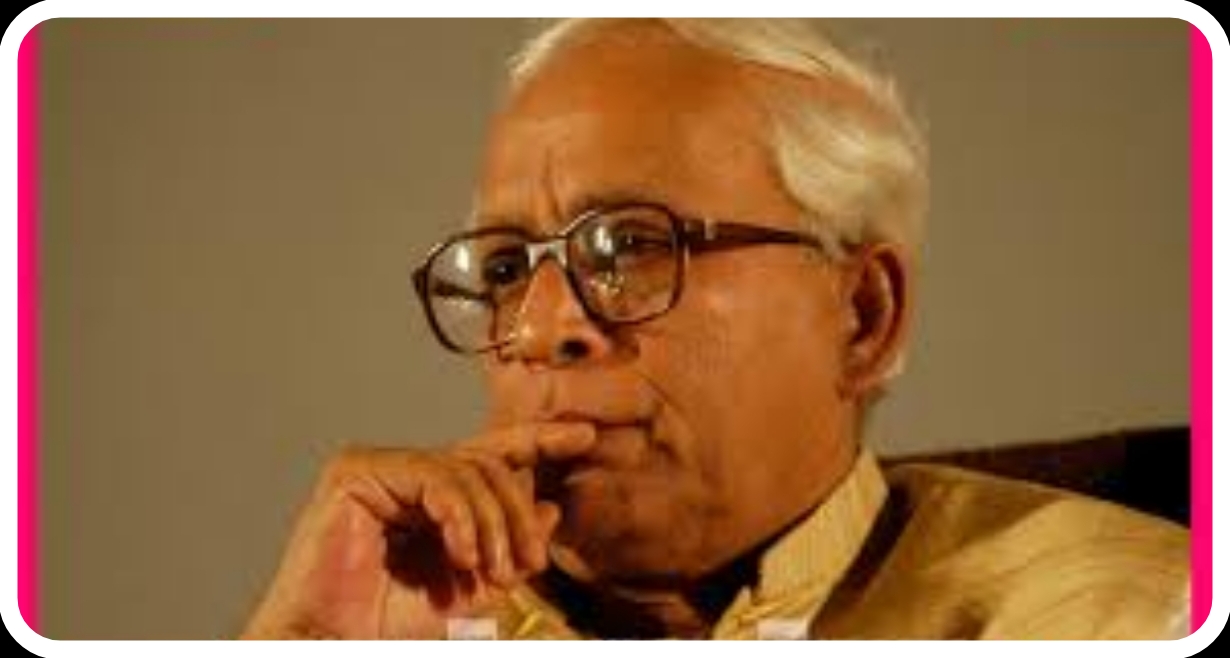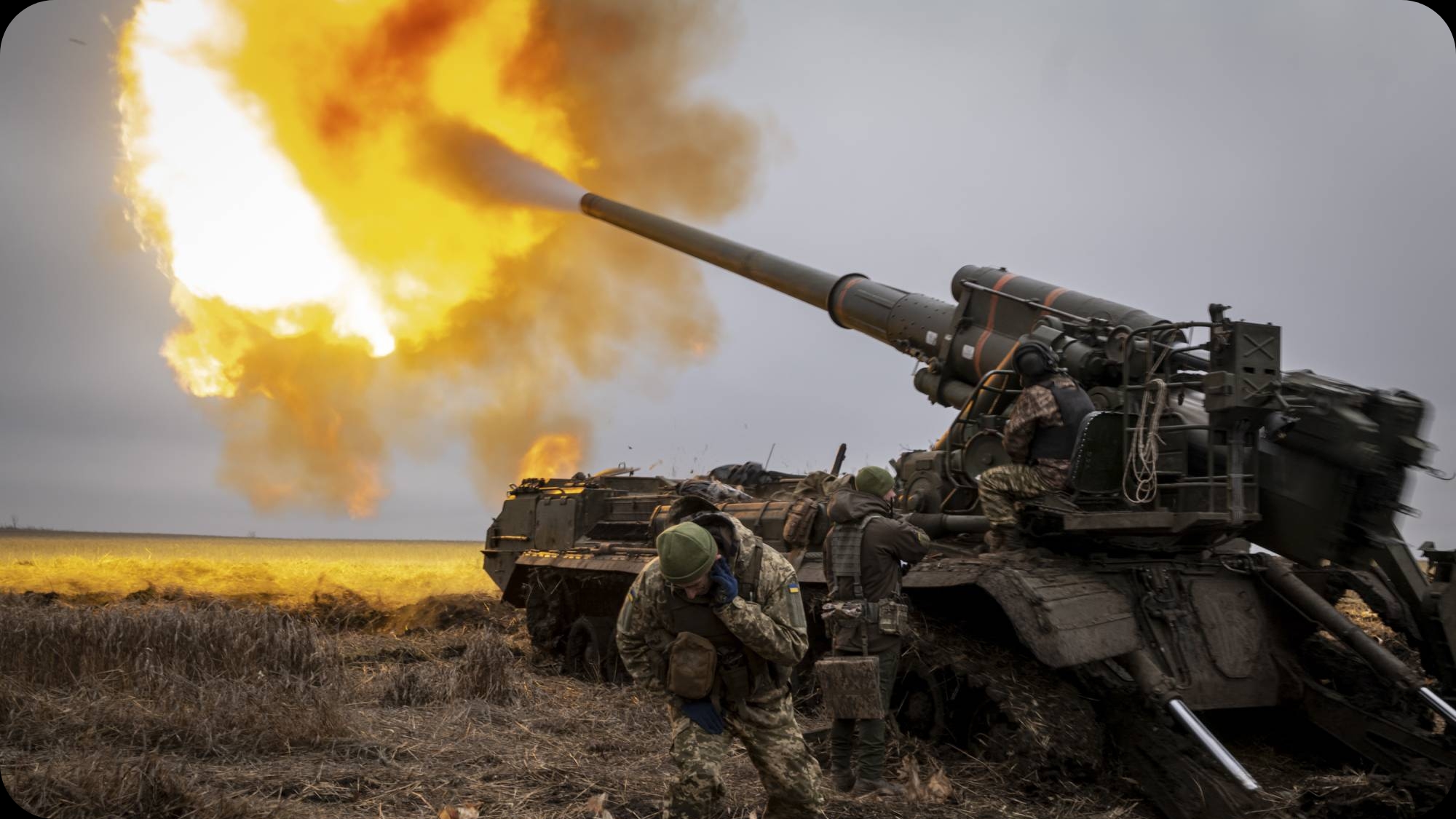Human Rights in Peril: Niger’s 2023 Coup and Crackdown
The July 26 military coup drew global attention to the human rights situation in Niger, including restrictions on freedom of expression and the erosion of civic space. On that day, army officers of the self-proclaimed National Council for the Safeguard of the Homeland (Conseil national pour la sauvegarde de la patrie, CNSP) announced on national television the overthrow of the government of President Mohamed Bazoum. They dissolved the constitution, suspended all institutions, and closed the country’s borders. They arrested Bazoum, his wife and son, and several other state officials, arguing that they were taking action because of Niger’s deteriorating security situation. On July 27, Gen. Abdourahamane “Omar” Tiani, head of Niger’s presidential guard, appointed himself head of the country’s new military government.
ECOWAS Pushes Back: International Condemnation and Sanctions Follow Niger Coup
In response to the July 26th military coup in Niger, the Economic Community of West African States (ECOWAS) took swift action. On July 30th, they suspended all ties with Niger and threatened military intervention unless the coup leaders released President Bazoum, restored him to power, and re-established constitutional order. Upholding their stance, ECOWAS further condemned the coup on August 10th and imposed sanctions on the country and its new leadership, including travel bans and asset freezes. Talks between the coup leaders and ECOWAS on August 19th failed to reach a resolution, as the junta’s proposed three-year transition plan was rejected by the regional bloc.
Coup Deepens Niger’s Woes: Crackdown on Rights and Ongoing Insurgency
The July 26th military coup in Niger not only triggered international condemnation but also exacerbated existing problems within the country. Freedom of expression was stifled, with independent journalists facing arrests, threats, and harassment. Political participation was severely restricted as the junta banned political parties and detained members of the ousted government.
Meanwhile, Niger’s struggle against Islamist armed groups, including ISGS, JNIM, Boko Haram, and ISWAP, continued unabated in the western and southeastern regions. The coup’s disruption of governance cast a shadow over the nation’s ability to address these longstanding security concerns.
Perfect Storm in Niger: Coup, Rights Abuses, and Humanitarian Crisis
Niger in 2023 faced a confluence of crises. The July 26th military coup not only triggered international condemnation and a crackdown on rights, but also compounded existing problems. Flooding and torrential rains in July devastated the country, destroying homes and crops, leaving 41 dead and displacing thousands. This added to the already critical humanitarian situation, with millions in need of assistance and hundreds of thousands internally displaced. Niger, a refuge for refugees and asylum seekers, continued to receive new arrivals amidst its own struggles. The expulsion of migrants from Algeria further burdened the nation.
Post-Coup Violence
Following the coup, individuals backing the CNSP, sometimes forming vigilante groups, have carried out numerous violent acts against members of Bazoum’s party, the PNDS-Tarayya. The violence is believed to be a result of political tensions surrounding the potential ECOWAS military intervention. On July 27, supporters of the junta looted and set ablaze the PNDS headquarters in Niamey. They also torched numerous vehicles and physically attacked several PNDS members present at the party’s headquarters for a meeting. Security forces failed to take sufficient measures to prevent the violence. In August, young vigilantes supporting the CNSP reportedly sexually assaulted multiple women during unauthorized patrols at Niamey’s main intersections, as reported by the police and the Nigerien League for Women’s Rights. At least four victims lodged complaints with the Nigerien authorities against their assailants, yet none of the offenders have been formally charged with these crimes so far.
Arbitrary Arrests
Following the coup, the junta has arbitrarily apprehended numerous officials from the overthrown government, which includes Sani Mahamadou Issoufou, the former minister of petroleum; Hamadou Adamou Souley, the former minister of home affairs; Kalla Moutari, the former defense minister; and Ahmad Jidoud, the former minister of finance. These individuals were transferred to prisons in Filingué, Say, and Kollo in the Tillabéri region, as well as in Niamey. Despite being civilians, they were charged with “threatening state security” by a military court, in violation of proper legal procedures. Since July 26, Bazoum, along with his wife and son, has been held in detention at the presidential palace in Niamey. The military authorities announced their intention to prosecute Bazoum for “high treason” and undermining national security on August 13, but as of now, he has not been presented before a judge. On September 18, Bazoum submitted a petition to the ECOWAS Court of Justice in Abuja, Nigeria, citing human rights abuses against him and his family during their detention. He also demanded his immediate reinstatement as president. As of now, the court is expected to deliver its verdict on November 30. On October 3, Salem Mohamed Bazoum, the former president’s son, challenged the legality of his detention in a Niamey high court, and on October 6, the court ordered his release. However, the CNSP has yet to comply with this ruling. In an October 20 press release, Bazoum’s legal representatives stated that he, along with his wife and son, are being held in an undisclosed location and refuted the military authorities’ claim that he had attempted to escape.
FREEDOM ERODED
Following the coup, the junta has imposed restrictions on freedom of expression and closed down media outlets. Both local and international journalists have faced physical assaults, threats, verbal abuse, and cyberbullying. On July 28, Soufiane Mana Hassan, the editor of Le Témoin de l’Histoire newspaper, was menaced on the streets due to his newspaper’s reporting and social media activities. On July 30, protesters at a CNSP rally threatened French journalists Anne-Fleur Lespiaut and Stanislas Poyet. In early August, Lespiaut was subjected to cyberbullying by CNSP supporters. On August 3, the CNSP suspended local broadcasts of international news channels Radio France Internationale (RFI) and France 24 indefinitely, violating the right to access free and unbiased information. This suspension led to an information void, as local media lost access to credible international news sources. Nigerien media outlets were also hindered from reporting freely. On August 19, Amaury Hauchard and Poyet were verbally and physically assaulted while covering an event organized by Volunteers of the Homeland, civilian auxiliaries of the army. Poyet’s passport was stolen, and his media equipment was damaged. Hauchard required medical attention.
Attacks by Islamist Armed Groups
An insurgency that erupted in northern Mali in 2012 has plagued the region for over a decade, spilling over into Niger’s western and southeastern areas. The “three borders area” where Burkina Faso, Mali, and Niger meet has become a hotspot for attacks by armed groups linked to ISIS and Al-Qaeda. These extremist groups have inflicted violence on civilians and security forces alike. Just weeks before the coup, a deadly attack in the Tillabéri region left four civilians dead, and in October, an attack using improvised explosive devices claimed the lives of at least 29 soldiers.
Intercommunal Clashes
Adding to the country’s woes, intercommunal violence erupted in the Tillabéri region. In April, clashes between sedentary Djerma communities and nomadic Fulani communities resulted in deaths, injuries, and the displacement of roughly 18,000 people. Tensions flared again in August, with further clashes tragically claiming the lives of 25 civilians
Surge in Migrants
Between January and August, over 20,000 migrants, including children, were expelled by Algeria and left stranded on Niger’s border. This influx overwhelmed resources in the Agadez region, particularly the village of Assamaka, where thousands lacked basic necessities. International organizations like Doctors Without Borders raised the alarm about the dire conditions.
Key International Isolation
Salem Mohamed Bazoum suspended budget support and security cooperation. Niger’s relationship with France, its former colonial power, fractured as the junta revoked military cooperation agreements and expelled the French ambassador. This led to France withdrawing all 1,500 troops stationed in Niger. The African Union suspended Niger’s membership and called for a peaceful resolution to the crisis, while ECOWAS imposed sanctions. The UN and aid organizations warned that ECOWAS sanctions could worsen the humanitarian crisis by raising food prices and limiting access to essential goods. They urged the introduction of exemptions to ensure continued aid delivery to vulnerable populations.


